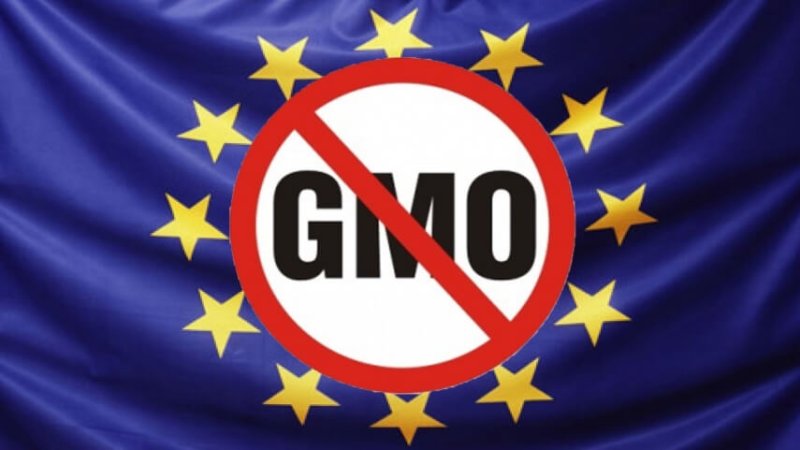Here is my “Last-minute Johnny” contribution to the public consultation by the European Commission on “Legislation applicable to plants produced using certain new genomic techniques.”
Here is the summary of the Commission’s proposals or intentions:
This initiative aims to propose a legal framework applicable to plants obtained by targeted mutagenesis and by cisgenesis as well as to products intended for human and animal consumption which contain such plants. It is based on the findings of a Commission study on new genomic techniques.
The objective is to maintain a high level of protection of human and animal health as well as of the environment, to enable innovation in the agrifood system and to contribute to the objectives of the Green Deal for Europe and the “From farm to table” strategy.
If your heart tells you, the contributions (probably over 70,000 at the end of the day, mostly cut and paste organized by anti-GMOs, including the Greens/EFA group of the European Parliament) can be viewed here .
European legislation on “GMOs,” as developed over time and interpreted by the CJEU (and the Council of State in France) is an obsolete and counterproductive legal monster.
The European Union has cut itself off from genetic progress in all areas of the plant sector — from research and development to the marketing of beneficial and useful products for farmers, food operators and consumers, as well as for the environment. Europe condemns itself to stagnation and thus to regression vis-à-vis other parts of the world which are moving forward.
Contrary to what the anti-GMO gesticulation claims, the regulations are not “protective” for consumers, except against imaginary dangers, insofar as Europe imports GM products or products from GM plants, out of economic necessity. (and therefore social) and legal with regard to international trade law.
This supposedly “protective” regulation, if it is maintained, will deprive the European consumer of products beneficial to their health or to the environment, such as potatoes which do not produce acrylamide during cooking (proven carcinogenic to animals and possible for humans), tomatoes with a high content of gamma-aminobutyric acid, which are good for the heart, or even gluten-free wheat under development.
It is important to reverse the table, eventually, and announce it very clearly now.
The general approach should be to produce legislation:
- Flexible enough to be functional and inspire confidence in researchers, innovators and economic operators;
- Protective enough to inspire consumer confidence;
- Written in a simple manner to avoid drifts of judicial interpretations such as those we have just seen;
- Based on the nature of the final product and the modification it contains, and not on the process used to obtain it;
- Exempting products which we know a priori are not potentially problematic or subjecting them to a simplified procedure, for example simple notification.
Examples of such regulations already exist. The UK, which split from the European Union in part because of excessive regulations, has published a roadmap in two main stages.
In the immediate term, it is necessary to “repair” the unfortunate interpretation of the French Council of State, based on fraudulent arguments, of the current regulations which subject varieties resulting from in vitro mutagenesis to authorization procedures, and so on.
In the immediate term too, it is necessary to modify the regulations – or at least to give strong signals – to allow and stimulate research and development work using new genomic techniques (NGT) without the transfer of “foreign” genetic material.
Modifying the regulations on “real GMOs” will undoubtedly take more time and will require a major educational effort which should be tackled without delay.
These “real GMOs” have proven their worth around the world — including in Europe for imported products!
Much of their potential remains untapped due to restrictive regulations and political and political procrastination largely inspired by the behavior of European governments and institutions (as well as some NGOs). In this regard, it is also necessary to put an end to proselytism, explicit or implicit, which combats the genetics and improvement of modern (and even less modern) plants, which would be a positive measure of development aid by “abstention to do.”
[Editor’s note: This article was originally published in French and has been translated and edited for clarity.]































